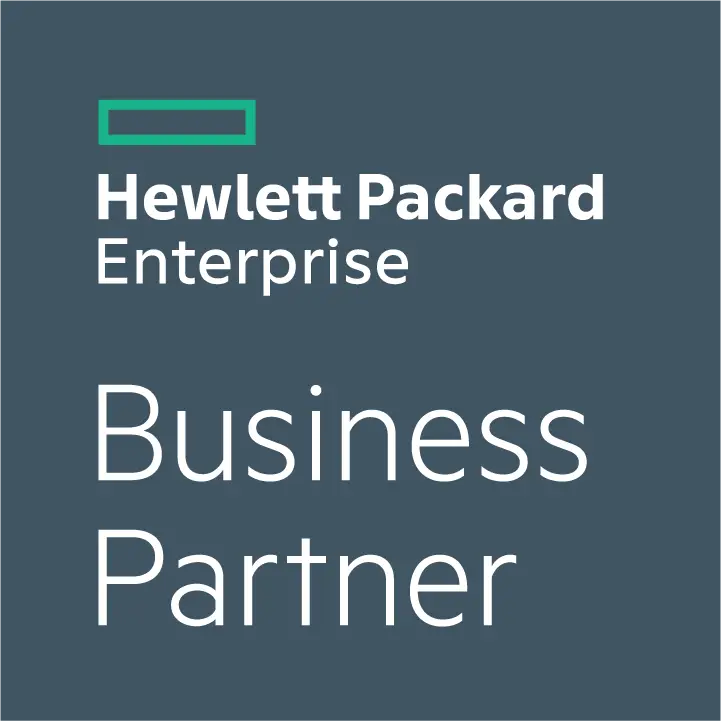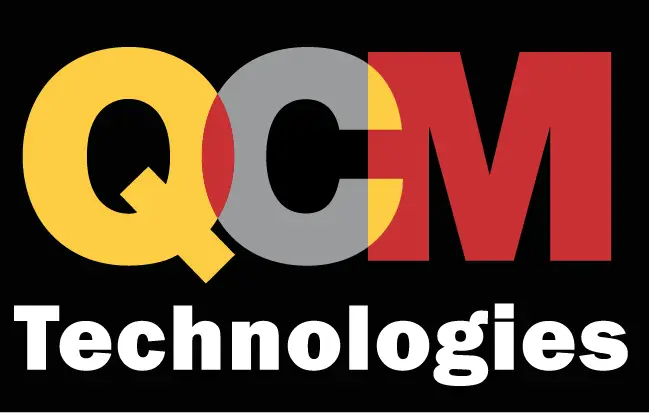How Blockchain Beats Scalpers At Their Own Game
| Musicians get a lot of revenue from their live performances, but they lose income due to things like scalpers and ticket scams. |
As a professional musician, Jason Robert has played in venues around the world, including Bonnaroo and the Newport Folk Festival. He opened for The Roots, and wrote songs for shows on NBC, ABC, Fox, Showtime, and Netflix.
Now, he is co-founder and CEO of HelloSugoi, where he’s working to create better opportunities for musicians and other performing artists. The blockchain-based platform he is building for ticket purchasing aims to cut down on fraud, reduce price gouging, and help maintain the health of the music industry.
Preston Gralla spoke with Jason about his musical inspiration, how it brought him into the tech world, and the music business problems that need to be resolved.
Watch the video HERE (excerpts below).
Q: That’s quite a successful run. Why did you leave the music industry and turn to tech?
A: I was really frustrated and jaded by the music business, and on top of that, I was having a hard time making it. I no longer had that passion, that drive, which originally inspired me to pursue a music career.
I decided I needed a change, so I began exploring other interests. My father was a marketing executive at Apple. He began there in the late ’90s and rode with Steve Jobs all the way to his retirement in 2011, so I had a lot of exposure to technology, which inspired me. It’s another passion of mine.
I also felt that I could use technology to help solve the many problems that musicians face.
Q: What problems are there with live-event ticketing?
A: A lot of people are taking money, almost literally, out of the pockets of musicians. These days, artists get a lot of their revenue from live performances, but scalpers and tickets scams are getting money that should go to them. And that’s a major, major problem.
The problems have to do with the primary and secondary ticket markets. If fans are lucky, they can buy tickets in the primary market. But that doesn’t happen very often. Something like 50 percent of the primary market tickets are withheld from the general public. Brokers, scalpers, and bots buy up a large percentage of these tickets in the primary market. That creates the illusion of a sellout, which artificially pumps up the price on the secondary market. So a scalper may have purchased a ticket for $50, but it ends up on third-party websites for some crazy mark-up, like $150. Fans are forced to pay that because there’s no more inventory left. And none of the markup for those tickets goes to the musicians or the music industry. It mostly goes to brokers and scalpers.
Not only that, but upwards of 20 percent of tickets sold on secondary market platforms are fraudulent. A broker, scalper, or nefarious reseller will buy a ticket, then create a fake PDF version of it. They’ll list that PDF on several secondary market platforms that don’t talk to one another, whose databases don’t know the inventory. Maybe one of those tickets is legit, but the others are frauds.
Q: How do you hope to solve the problem?
A: We’re working on a blockchain-based event ticketing platform which will enable event organizers and musicians to program the rules that govern the behavior of the ticket. For example, they can set a cap on how much the ticket can be sold for on the secondary market. In fact, they could restrict secondary market sale all together. So, if an artist wants to sell a ticket for $10 and have zero secondary market, they can do that. Also, by setting the terms of engagement, artists could get additional revenue if they allow a percentage markup on the secondary market and require that they get some of that money.
On the platform, everyone can see the transactions that happen on the blockchain. So, as a fan, I can go online and could see how many hands it’s passed through. I can see the original face value of the ticket. And I know the ticket is verified and authentic, because it can’t be digitally reproduced. That solves the problem I described earlier about fake PDFs. Also, because the ticket money circulates in the music industry instead of going to scalpers, the industry becomes more sustainable.
Another possible use for blockchain is rights attributions for creative works. If I’m an artist and I release a song and get it on some TV show, I can define the rules of how much the music supervisor pays for that song. I also can see in real time who is using that creative work, and I get paid instantly, as opposed to having to wait six months or sometimes a year.
SOURCE – Read the full article here: HPE enterprise.nxt
QCM Technologies is proud to be a PARTNER







